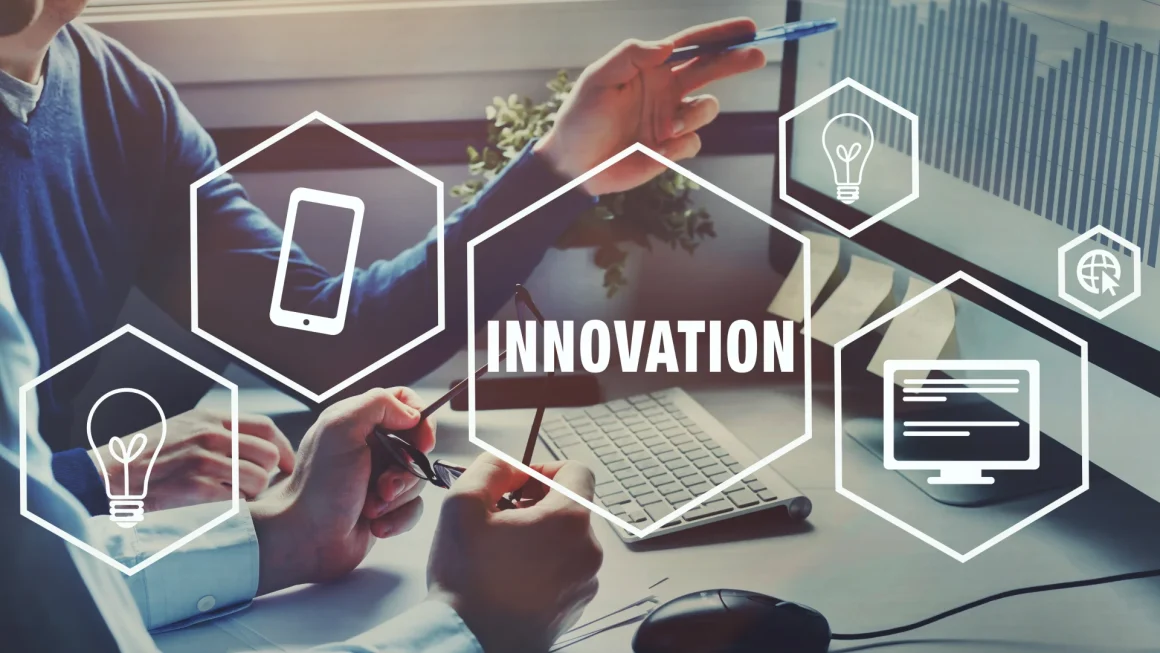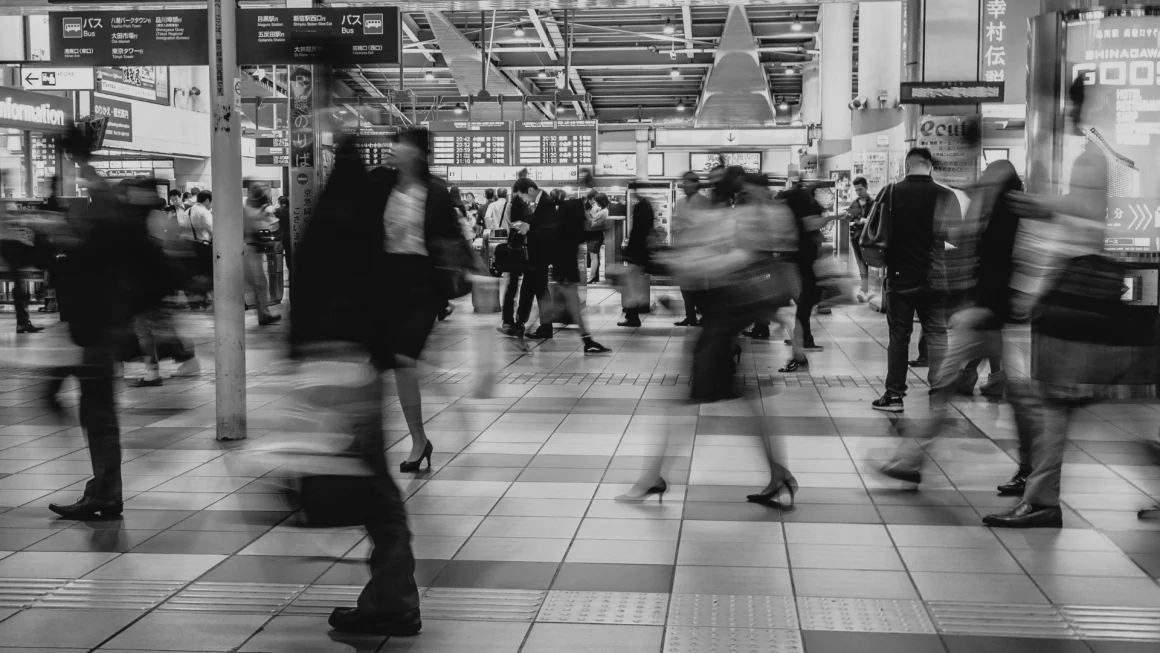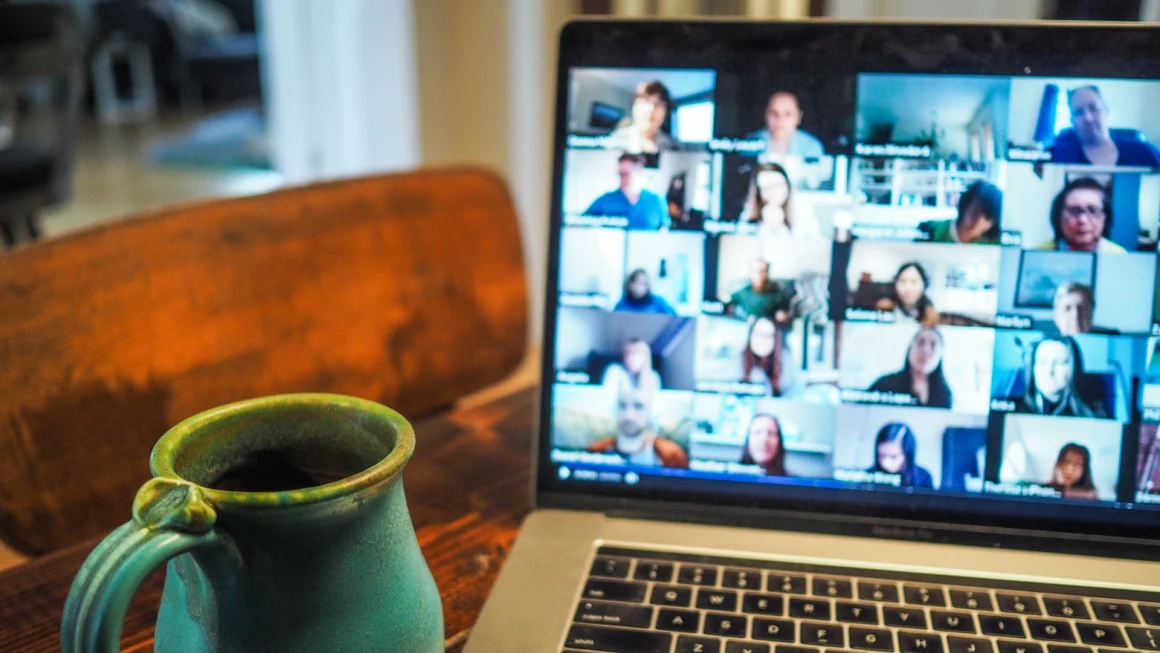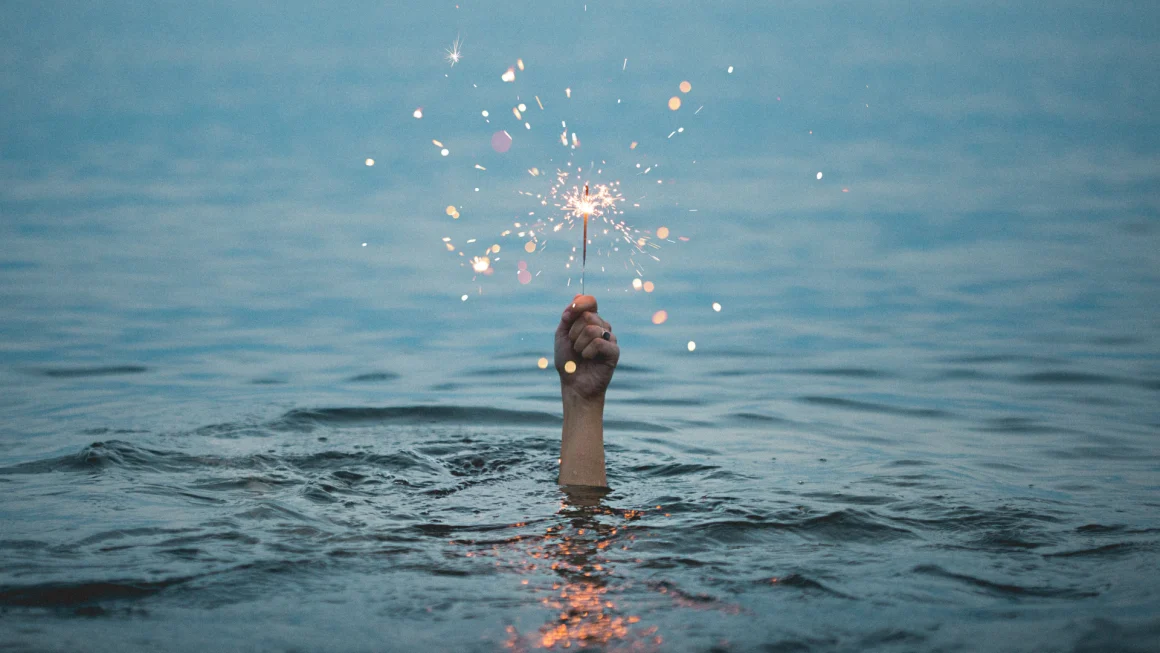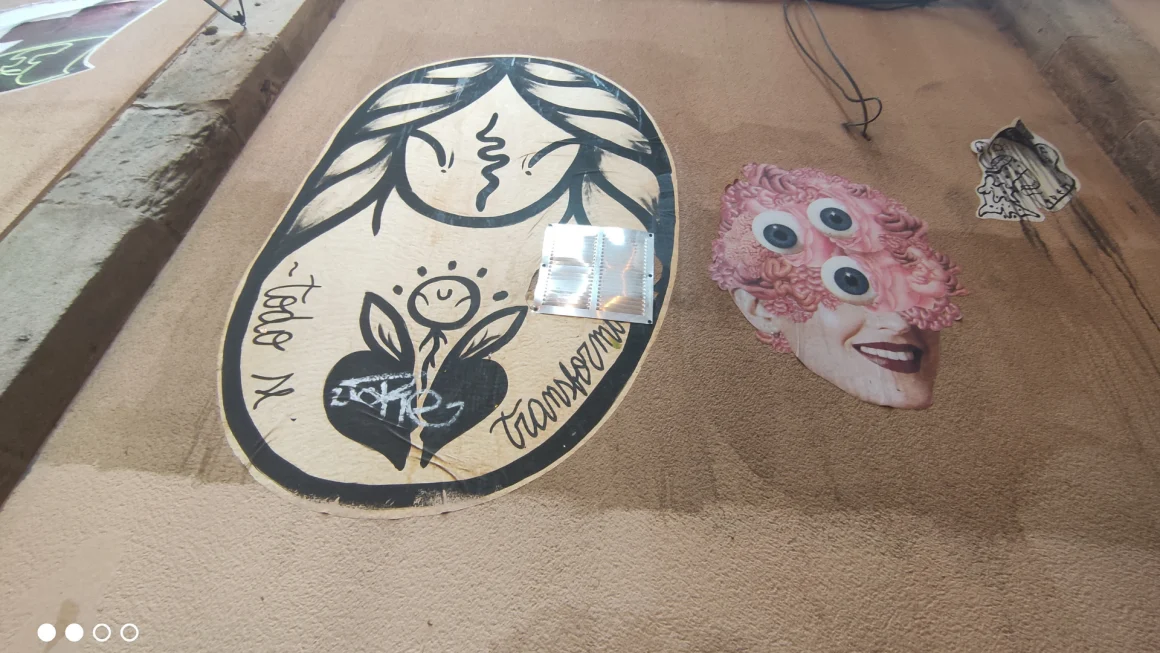A story by Deanna Elstrom
Being in your 20s is hard. I feel like no one tells you that. Am I smart? Will I be successful? Am I attractive? Will I be loved? Am I making the “right” choices? In your 20s, everything is up for grabs. It can unmoor even the most confident amongst us.
Whatever I faced at that age, however, was nothing compared to what today’s young people experience. I entered the workforce and the NYC dating scene in 1990 — well before the age of the internet, smartphones, LinkedIn, Facebook, Twitter and Instagram. Once I got home at the end of the workday, I could be with myself to reground and refresh, free from comparison with the idealized online selves and aspirational lifestyles of others. If I did not meet my future spouse at work, a party or the gym, that was fate, certainly not the fault of too little time spent scanning profiles online.
The 2010s brought massive change in the form of technologies, apps and gadgets that have come to dominate our daily lives and social interactions: how we search for jobs, social circles and dates, not to mention how we shop, research and buy. The first iPhone came out in 2007, but it was during the early 2010s that smartphones became ubiquitous, along with YouTube, online streaming, podcasts and apps. We expanded our vocabulary to include words like “selfie stick”, “posting”, “online influencer”, “binge-watching”, “Instagrammable” and “#nofilter”. Add to this the seismic political shifts of the 2010s, and we now live in a world of “post truth”, “post fact” and “fake news”.
As we enter the 2020s, the pace of change is further quickening. Barreling towards us are challenging questions of identity, ethics and societal and personal responsibility brought about by artificial intelligence (facial recognition, deep fakes), digital privacy, cloning and genetic engineering (How much should we engineer life? Who gets to decide?) and space exploration. In this context of fundamental, massive and hyper-accelerated change,
as humans, the question of how to live is more urgent than ever.
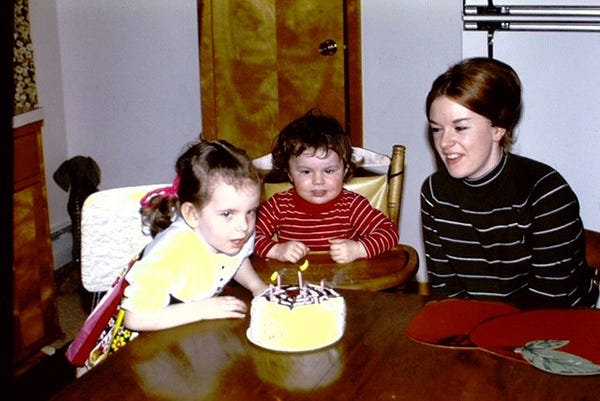
As a witness to the varied ups and downs in the lives of family, friends and acquaintances, I find myself saying things that begin with, “My mother would say…”. I was incredibly blessed with a mother of seemingly limitless empathy for the emotional struggles of others. A psychiatric nurse for over 30 years (and a dedicated Dr. Phil and Oprah Winfrey Show viewer), she has seen how human lives can derail from the inside out. Her many catchphrases gird me up when the chips are down and guide the way forward when the path is obscured. As we start a new decade of challenges, I share with you time-tested, personally-validated mother’s wisdom.
You are enough.
This is the foundation. You must actively choose to love yourself. God made you and you are precious and worthy of love.
No one can give you the love that you must give to yourself.
Be kind to yourself. Be gentle with yourself. Forgive yourself. While it is invaluable to learn from the example of others, avoid comparing yourself. It is a losing game, for you will ultimately find someone you perceive as more beautiful, more successful or with a seemingly better life. Comparing yourself to others will likely make you feel superior or inferior, neither of which will help you forge healthy relationships with others, or yourself.
99% of the time, it is not about you.
Sometimes people disappoint us. They let us down by not responding, not including us, cancelling or not reciprocating. The actions of others do not lessen your self-worth. In fact, those actions probably have nothing to do with you. Busy and consumed by our own worries, stresses and schedules, we all sometimes disappoint others. 99% of the time, it’s not about you. And, even if it is about you, it’s okay. To paraphrase, you can be the juiciest peach in the world, but not everyone likes peaches. Do not give others the power to make you question your self-worth.
Conserve your emotional energy.
In our current environment where it is the loudest voice and the most outrageous comment that “goes viral”, our nerves and emotions are primed for over-reaction. But, we only have so much emotional energy. Don’t waste it on things that don’t matter in the big view. Just let some things go. Save your emotional energy for those who matter and for what matters. You will need it.
Be kind (for everyone you meet is engaged in his/her own struggle).
As my mother says, “No one gets a free pass.” No matter how perfect someone else’s life may seem, every single person has his/her own struggles. Life is hard. As humans, we are social beings and kindness — the giving and receiving of it — is fundamental to our sense of personal well-being and safety. When we show kindness, our souls are fed. When we receive kindness, our hearts rejoice. Be kind to one another. Err on the side of generosity. I promise that you will be happier for it.
Before you point the finger, look at yourself first.
Humans are masters of hypocrisy. Often, the thing that we most detest about others — that most gets under our skin — is the very thing that we fear lies within ourselves. Self-honesty is fundamental to self-understanding and self-acceptance, which is essential to making a life that fulfills our fundamental needs. Before you blame and think about how everything would be better if only the other person changed, think first about what you can change. After all, we cannot change others. We can only change ourselves.
These are not lessons learnt once. Rather, as you find self-doubt creep in or emotions beginning to flare, these catchphrases can help to slow down, take a breath, and perhaps react in new, more constructive ways that soon becomes habit. Common in our humanity, we are each a unique work in progress.
Happy New Decade!
This is a story of the Futurist Club
by Science of the Time
Written by: Deanna Elstrom
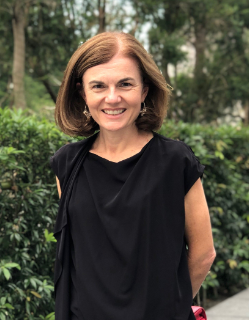
Passionate about culture and how it impacts one’s worldview, motivations and behaviors, I have studied and worked in the U.S., France and Japan.
After a long career as a beauty marketer (L’Oréal, Avon, Revlon, L’Occitane) and a brand insights strategist (CBX NY), I moved to Japan in 2013 and morphed into a brand insights researcher.
At Ipsos in Japan, I help multinational brands to better connect with Japanese consumers by interpreting consumer data through the lens of cultural context to understand what consumers mean, not just say. With this understanding, brands develop positionings and communications that are resonant and create impact.
As head of the Public Affairs team at Ipsos in Japan, I try to explain the quantitative numbers behind Japanese behaviors and attitudes through the lens of culture and context. At Esomar Asia 2019, I presented a paper about the ambivalence towards issues of gender inequality in Japan.
Currently, I am particularly interested in issues around Japan’s mental health treatment, the impact of being the world’s fastest-aging society and how to move towards more sustainable consumption
